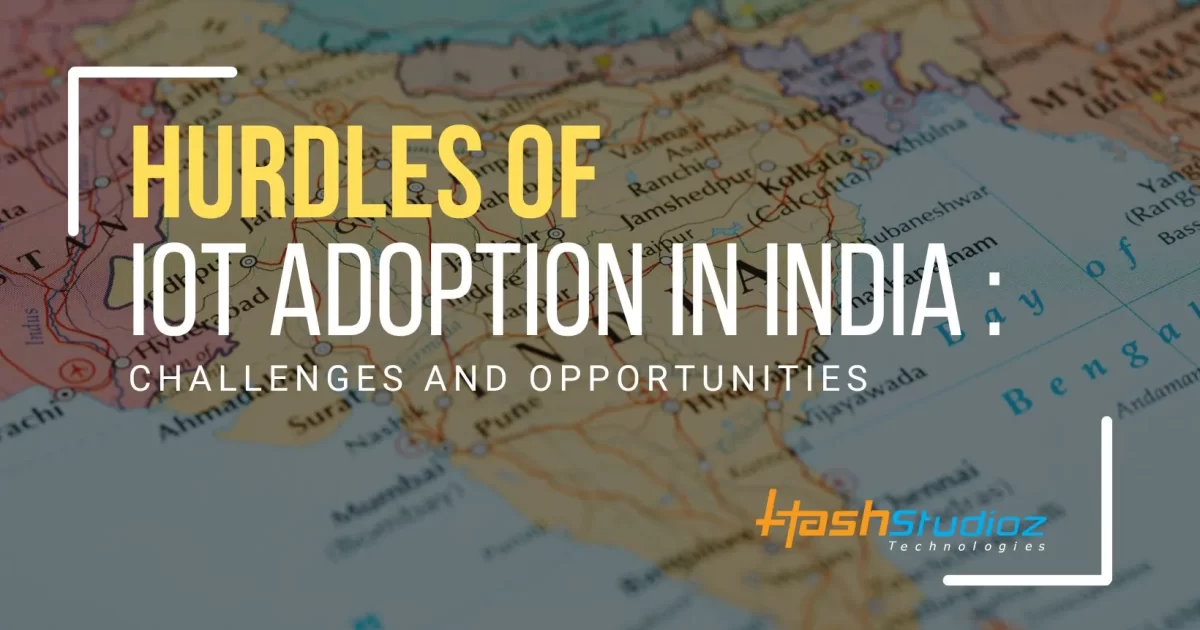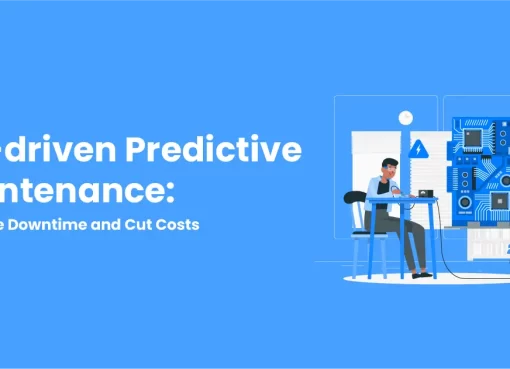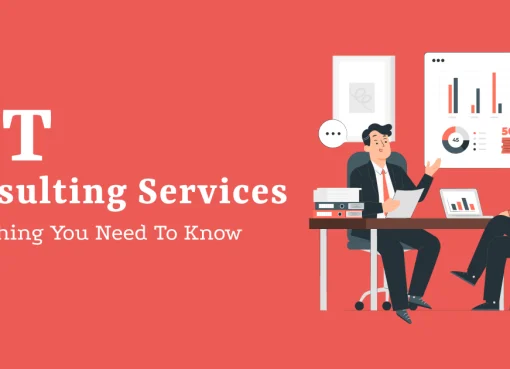The Internet of Things (IoT) has been touted as a game-changer for various industries, promising unprecedented connectivity and efficiency. Despite its global proliferation, IoT adoption in India has faced significant challenges that have slowed its growth.
- The number of IoT devices in India is expected to reach 2.1 billion by 2025.
- The number of IoT devices worldwide is expected to reach 19 billion by 2025.
- The Indian IoT market is expected to reach $9.28 billion by 2025.
- India is expected to generate $21.4 Billion in revenue by 2030.
Image Source: Statista
In this article, we delve into the reasons behind the hindrance of IoT adoption in India, exploring the current state of affairs and potential solutions to unlock the full potential of IoT development services in the country.
Table of Contents
Hurdles of IoT Adoption
1. Limited Infrastructure and Connectivity
One of the primary barriers to IoT adoption in India is the inadequate infrastructure and connectivity in many regions. While major cities may boast robust internet connectivity, rural areas still face challenges in accessing stable networks.
To fully harness IoT capabilities, seamless connectivity is essential. However, the Digital India initiative and ongoing efforts to expand internet infrastructure have shown promising results, gradually bridging the gap between urban and rural connectivity.
2. Data Privacy and Security Concerns
With the proliferation of IoT devices, data privacy, and security have become major concerns for individuals and enterprises alike. India lacks comprehensive data protection laws, making IoT development companies need to prioritize robust security measures.
Addressing these concerns will instill confidence in users and encourage greater adoption of IoT solutions.
3. Skill Gap in IoT Development
IoT development requires specialized skills in hardware and software engineering, data analytics, and cybersecurity. However, India faces a skill gap in the field of IoT, hindering the development of innovative IoT solutions.
To combat this, the Indian government and private sector need to invest in upskilling programs and training initiatives to nurture a skilled workforce capable of driving IoT development services in the country.
4. High Implementation Costs
The initial investment required for deploying IoT solutions can be prohibitive for small and medium-sized enterprises (SMEs). Additionally, the ongoing maintenance and operational costs further add to the financial burden.
To make IoT adoption more accessible, IoT development companies should focus on cost-effective solutions and scalable models to suit the diverse needs of businesses in India.
5. Lack of Standardization
The lack of uniform standards and protocols in the IoT ecosystem has hindered seamless integration and interoperability. IoT devices from different manufacturers may not be compatible, leading to fragmentation and complexity.
Establishing industry-wide standards and promoting open-source frameworks will encourage collaboration and foster a thriving IoT ecosystem in India.
6. The Complexity of IoT Solutions
Implementing and managing IoT solutions can be intricate and demanding. IoT ecosystems involve a multitude of interconnected devices, sensors, networks, and software components, all requiring seamless coordination.
The complexity increases with the scale of deployment, making it crucial for businesses to possess the necessary technical expertise and resources to handle the intricacies of IoT projects.
7. Return on Investment (ROI) Challenges
Measuring the Return on Investment (ROI) of IoT solutions can be complex and challenging for businesses. While IoT offers numerous potential benefits, such as improved productivity, reduced operational costs, and enhanced customer experiences, quantifying these gains in monetary terms can be difficult.
ROI calculations for IoT projects often involve various intangible factors, making it harder to justify the upfront investment. Additionally, the ROI may take time to materialize, especially for long-term IoT implementations, which can deter some businesses from embracing IoT.
Also Read: What Are Some Tips To Choose The Best IoT Development Company?
Current State of IoT Adoption in India
Despite the challenges, IoT adoption in India has been steadily increasing. According to a report by NASSCOM, India’s IoT market is projected to reach USD 15 billion by 2025. Various sectors such as agriculture, healthcare, manufacturing, and intelligent cities are witnessing IoT-driven transformations.
In agriculture, IoT-enabled sensors monitor soil moisture, weather conditions, and crop health, optimizing farming practices and increasing yields. In healthcare, wearable devices and remote monitoring solutions are enhancing patient care and reducing hospitalization rates. Smart city initiatives are leveraging IoT to improve urban planning, waste management, and public safety.
Opportunities for IoT Development Companies
As India’s economy embraces digitization and automation, IoT development services present immense opportunities for both domestic and international companies. By understanding the unique challenges of the Indian market and tailoring solutions accordingly, IoT development companies can position themselves as pioneers in this burgeoning sector.
- Collaboration with Government Initiatives: IoT development companies can align their offerings with government initiatives such as Smart Cities Mission and Make in India to tap into the vast potential of public-private partnerships.
- Customized Solutions for SMEs: Developing cost-effective and scalable IoT solutions tailored to the needs of SMEs can drive widespread adoption and foster economic growth.
- Focus on Data Security and Privacy: Prioritizing robust data security measures and complying with evolving data protection regulations will enhance customer trust and confidence.
- Investment in Research and Development: Investing in R&D to create cutting-edge IoT technologies will position companies as leaders in the rapidly evolving IoT landscape.
Why Choose HashStudioz as Your IoT Development Company?
We have a team of experienced IoT engineers with a proven track record of success. We are committed to providing our clients with the highest quality IoT solutions. Here are some of the reasons why you should choose HashStudioz.
- We have a deep understanding of the IoT ecosystem: We have been working in the IoT industry for many years, and we have a deep understanding of the different technologies involved in IoT. This allows us to provide our clients with the best possible solutions.
- We have a team of experienced IoT engineers: Our team of engineers has a wealth of experience in developing and deploying IoT solutions. This experience allows us to deliver high-quality IoT solutions on time and within budget.
- We are committed to quality: We are committed to providing our clients with the highest quality IoT solutions. We have a rigorous quality assurance process in place to ensure that our solutions meet our client’s expectations.
- We are flexible and adaptable: We are flexible and adaptable to our client’s needs.
- We offer competitive pricing: We offer competitive pricing on our IoT development services. We believe that everyone should have access to high-quality IoT solutions, regardless of their budget.
Conclusion
While challenges have hindered IoT adoption in India, the country’s growing economy and digitalization efforts present immense opportunities for IoT development services. By addressing infrastructure limitations, data privacy concerns, and skill gaps while promoting standardized solutions, India can unlock the full potential of IoT and usher in a new era of connectivity and efficiency across various sectors.
IoT development companies that embrace the unique dynamics of the Indian market stand to gain a competitive advantage and contribute to India’s digital transformation journey.





